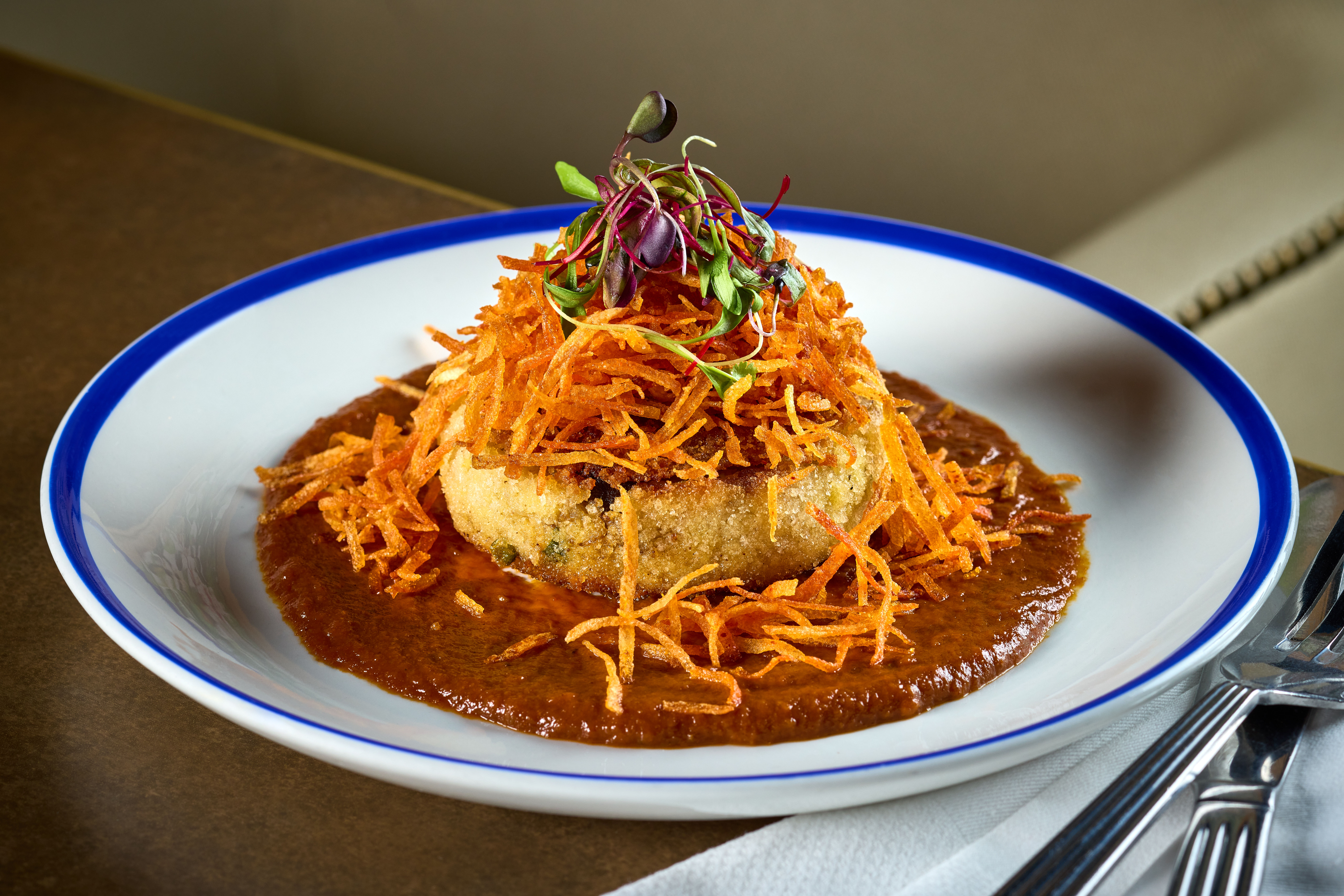As sure as the sun rises in the East and the flu virus arrives on our shores each autumn, I can count on the annual uprising against carbs every January. Anti-carb movements have come in many forms in my lifetime.
There was the all-out war waged by Atkins devotees in the 1970s and 1980s, and a more selective discrimination against so-called “high-glycemic carbs” led by followers of the South Beach and Zone diets in the 1990s. The new millennium brought us anti-carb crusaders slamming the likes of gluten and, more recently, Paleo-inspired diets have celebrated eschewing all grains — as well as carb-containing beans and potatoes. The latest trend toward “ketogenic” diets is an even more extreme version of Atkins in which followers aim to take in so few carbs that they make the late Robert Atkins look like Willy Wonka.
Most Americans love to hate carbs. I am not one of them. In fact, I recommend that my patients always include a good portion of carbs with breakfast when they’re seeking weight loss and better blood sugar control. That’s right: I believe carbs are so important that they deserve to be embraced early in the day. Really!
[See: 8 Food Trends Nutrition Pros Pray Never Return.]
Hear me out: For decades, some pretty consistent epidemiological evidence has shown that breakfast skippers are more likely to be obese and to have Type 2 diabetes than breakfast eaters. (Some pretty good data has also shown that even among breakfast eaters, carbohydrate-containing breakfasts are more strongly associated with health benefits than lower-carb breakfasts like meat and eggs, but many of these studies were funded by cereal companies, so the results have often been treated with skepticism.)
But these breakfast skipping observations were just that: observations. The nature of these studies didn’t allow us to make any judgments about whether breakfast skipping caused weight gain or poorer blood sugar control. Indeed, many people correctly argued that the relationship could easily work the other way; that perhaps people who were heavier or who had Type 2 diabetes skipped breakfast in order to lose weight or avoid spiking their sugars. In other words, they skipped breakfast as the result of their weight. This was a real chicken and egg problem.
But in the last five to seven years, numerous research teams from all over the world — including those in Israel, Korea and a few from the United Kingdom — have made an unusual and consistent discovery that sheds some light on the relationship between breakfast and blood sugar control in particular. It’s called the “second-meal effect,” or the finding that people who eat breakfast in general — and carbs for breakfast in particular — seem to have smaller blood sugar spikes after eating carbs at lunch — and possibly dinner too.
Since these blood sugar spikes are always accompanied by a commensurate spike in the release of insulin — an “anabolic” hormone that promotes fat storage and makes it awfully hard to burn fat for energy — you can begin to understand how chronic blood sugar spikes after eating might contribute to an increased risk of weight gain.
Even more astounding is that researchers have confirmed that the second meal effect holds true both for lean people and overweight people, as well as for people with Type 2 diabetes. In people with Type 2 diabetes specifically, researchers have also found worse insulin sensitivity after lunch on breakfast-skipping days compared to breakfast-eating days.
[See: The 12 Best Diets to Prevent and Manage Diabetes.]
Most research teams tested the second meal effect through a series of small-scale studies where they fed all sorts of volunteers carb-containing lunches and, in some cases, dinners as well. On some days at lunch, volunteers ate a big plate of pasta or a carb-containing shake after having skipped breakfast. On another day, these same people received the same lunch meal after having consumed a substantial breakfast loaded with carbs — and not even healthy ones at that. For instance, they consumed white bread and jam, orange juice, a corn flake cereal with milk, cookies or some combination of such foods. Volunteers had their blood sugar levels, insulin levels and other appetite-related hormones checked throughout the experiment.
So what does the second meal effect mean for you? For one, that the way our bodies metabolize calories in general (and carbs in particular) is to some extent conditional on whether we’ve eaten breakfast that day or not. Or, it may mean that the “glycemic effect” — or the blood sugar response evoked — of any given carb food is contingent on more than just the properties of the food itself. How much fiber it has, how much sugar it has and what form of sugar it has all matter. The glycemic effect is also apparently contingent on what the eater had for breakfast that morning, at least to some degree.
Now, if you’re committed to a strict, lifelong low-carb diet, then the second meal effect has little relevance to you. You’re not likely to experience any blood sugar spikes, so there’s no need to “protect” yourself from them with a carb-containing breakfast. But if you want to learn a healthier way to include carbs in your regular diet — whether they’re from whole grains like in a Mediterranean-, DASH- or South Beach-type diet or from dried fruit, bananas and squash as in a Paleo-style diet — you may want to reconsider your breakfast strategy and make sure it’s optimized. And, as if it needs to be said, breakfast skipping in order to “save” calories for later meals is more likely to do harm than good.
[See: 12 ‘Unhealthy’ Foods With Health Benefits.]
I advise my patients to seek out the highest-quality carbs — those high in fiber, minimally processed and very low in added sugar — to include in their breakfasts. Here are some of my favorite combos:
— Toasted sprouted grain bread, like Ezekiel bread, with smashed avocado, tomato and an (optional) egg
— 100-percent whole-grain Scandinavian-style crispbreads with peanut butter and berries
— Black beans and scrambled eggs with avocado and salsa
— Steel-cut oats or quinoa porridge with pumpkin seeds, nuts and cinnamon
— Plain Greek yogurt with sliced banana or pomegranate seeds (in season) and 1/3 cup of a low-sugar, crunchy bran cereal
— Unsweetened shredded wheat cereal with cinnamon, milk and strawberries
Editor’s note: The author has no material affiliations with Ezekiel bread.
More from U.S. News
Should You Count Calories or Track Macronutrients?
10 Healthy Habits of the ‘Naturally’ Thin
7 Diet Mistakes Sabotaging Your Weight Loss
Why You Should Always Eat Carbs at Breakfast originally appeared on usnews.com







